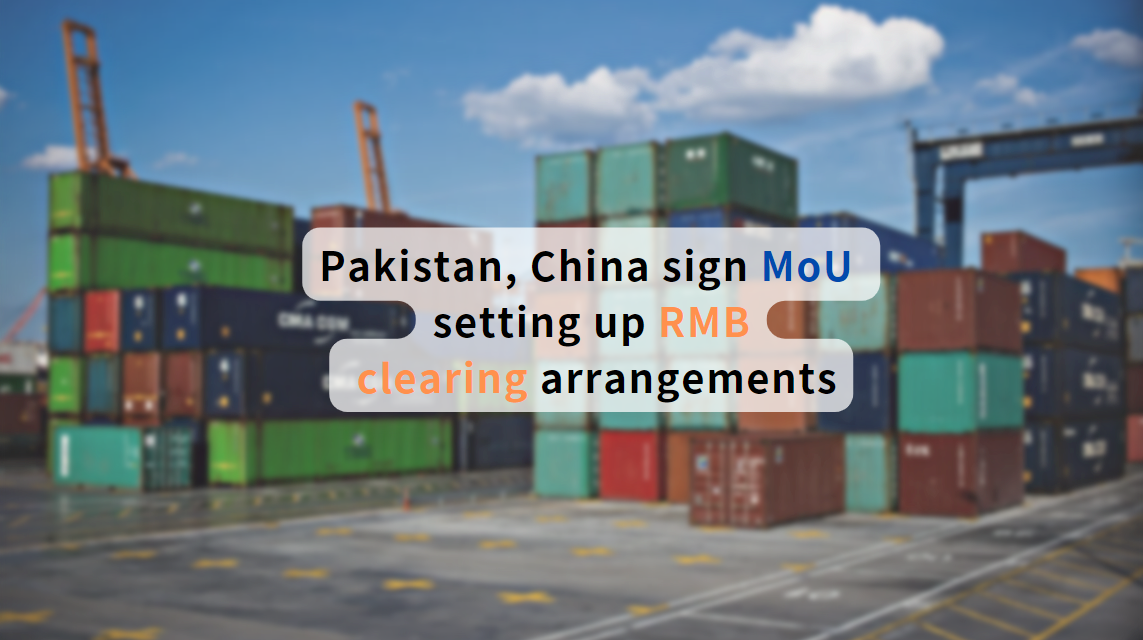EU financial regulator derecognises 6 Indian clearing houses
The European Securities and Markets Authority (ESMA), the European Union’s (EU’s) financial markets regulator, has derecognised six Indian central counterparties (CCPs) in accordance with the European Market Infrastructure Regulation (EMIR).
These 6 Indian clearing houses are Clearing Corporation of India (CCIL), Indian Clearing Corporation Limited (ICCL), NSE Clearing Limited (NSCCL), Multi Commodity Exchange Clearing (MCXCCL), India International Clearing Corporation (IFSC), and NSE IFSC Clearing Corporation Ltd (NICCL).
EU’s decision to derecognise Indian clearing houses comes amid a standoff between Indian and foreign regulators, bankers told Economic Times. Sebi and RBI do not want Indian institutions to come under the scrutiny of foreign regulators as they think it is jurisdiction issue, they added.
“After conducting its assessment, ESMA established that not all of the cumulative conditions under EMIR for the recognition of these six TC-CCPs are met, as no cooperation arrangements (compliant with Article 25(7) of EMIR) have been concluded between ESMA and each of the relevant Indian authorities, i.e. RBI, SEBI and IFSCA. Therefore, the condition under point (c) of Article 25(2) of EMIR is not met. As a result, ESMA concludes that these TC-CCPs cannot continue to be recognised in the European Union under the currently applicable EMIR regime,” according to an ESMA statement.
As of the date of application of the withdrawal decisions, these TC-CCPs will no longer be able to provide services to clearing members and trading venues established in the EU. To mitigate the adverse impacts on EU market participants, ESMA will defer the application of the withdrawal decisions until April 30, 2023.
The decision will impact European banks in India as they will either need as much as 50 times higher capital to carry out trades involving the Indian central counterparties, or will have to unwind positions with the central coutnerparties over the next 6 to 9 months.
All European banks, which operate as branches of their parent organisations in Europe, will have to abide by the regulators of their respective home countries.
EU-based Deutsche, BNP, Credit Agricole, and Societe Generale will have to abide by ESMA regulations, but other lenders such as HSBC, Standard Chartered, and Barclays have to meet the norms laid down by the Bank of England.




















































First, please LoginComment After ~